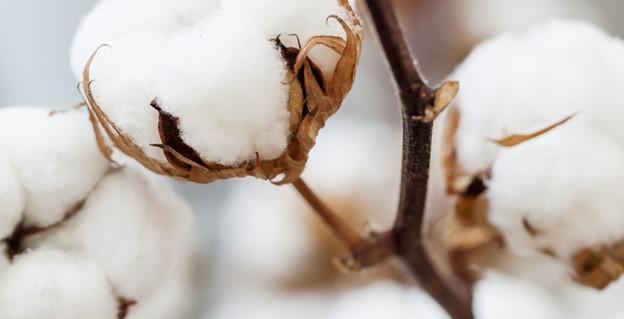
Better Cotton has concluded its annual conference, which was held from 21-22 June in Amsterdam, the Netherlands.
The in-person and online event attracted more than 350 industry stakeholders from 38 countries around the world, and explored four key themes: Climate Action, Sustainable Livelihoods, Data & Traceability, and Regenerative Agriculture.
On the opening day, following a member meeting in which the impending launch of Better Cotton’s India Impact Report was previewed, keynotes from Nisha Onta, Regional Coordinator for Asia at WOCAN, and Antonie Fountain, CEO of the VOICE Network, set the scene for discussions on Climate Action and Sustainable Livelihoods, respectively.
On the former, sessions highlighted both the scale of the impact of climate change on cotton farming communities, and the scope for collaboration. Breakout sessions centred on the potential of localised primary data and carbon financing projects to unlock farm-level improvements.
On the topic of Sustainable Livelihoods, meanwhile, Antonie Fountain’s presentation blended into a lively conversation on living income that he facilitated with support from IDH Senior Innovation Manager, Ashlee Tuttleman. Together, they oversaw a quiz which explored agricultural myths bandied around across commodity sectors, before winners were invited to take to the stage as impromptu panellists.
Later sessions on the topic explored in greater detail the concept of ‘wellbeing’ and ‘sustainable livelihoods’. Julia Felipe, a Better Cotton Farmer from Mozambique shared her experiences; as did Jyoti Macwan, the Secretary-General of SEWA, a women’s employment association that’s helped millions of Indian women secure necessities through local social enterprises.
The second day started with a keynote presentation from Maxine Bédat, the founder and director of the New Standard Institute, on the important role of data and traceability in a sector that’s facing increasing regulation.
Better Cotton Senior Traceability Manager, Jacky Broomhead, took to the stage soon after to outline the potential of the organisation’s traceability system as one solution. Joined by Erin Klett, Senior Director, Research & Policy at Verité, and Sarah Solomon, International Relations Officer at the US Department of Labour, they discussed the system’s impending launch and how it aligns with an influx of legislation.
A series of breakout sessions followed covering a myriad of topics, from pilot traceability efforts in India and the value of increased transparency for farmers, to the issue of greenwashing and methods of measuring impact.
A look at regenerative agriculture rounded off the event, starting with a keynote from Felipe Villela, Founder of reNature.
Better Cotton, which continues to refine its approach to regenerative agriculture, featured throughout the theme, with Nathalie Ernst, the organisation’s Farm Sustainability Standards Manager at Better Cotton, and Emma Dennis, Senior Manager Sustainable Agricultural Practices, helping set the scene as to how this approach can benefit nature and society.
This, before delegates heard from a panel of farmers representing India, Pakistan and the US about how their operations have been impacted by the adoption of regenerative practices and the misconception surrounding its applicability.
Alan McClay, Chief Executive Officer, Better Cotton, said: “This year’s conference has been a resounding success. We’ve heard from experts throughout fashion supply chains, from valued cotton farmers in our network right through to the brands and retailers that source their product. Discussions have reiterated the urgent action required to tackle the worst effects of the climate crisis, but there was also a clear consensus around the need to deliver profound impact at farm level. With a regenerative approach and this group of changemakers we can push for social and environmental transformation.”








Leave A Comment